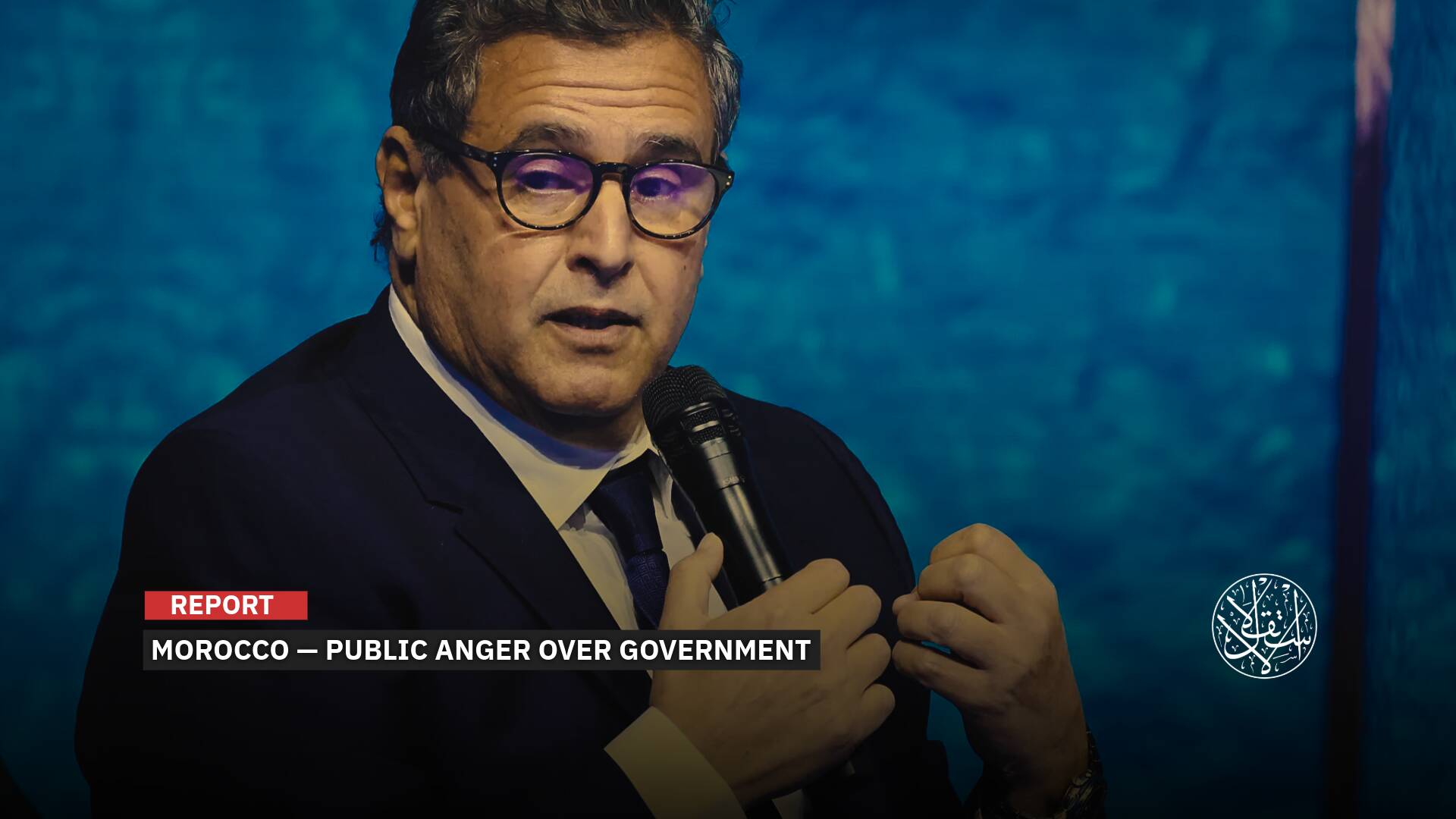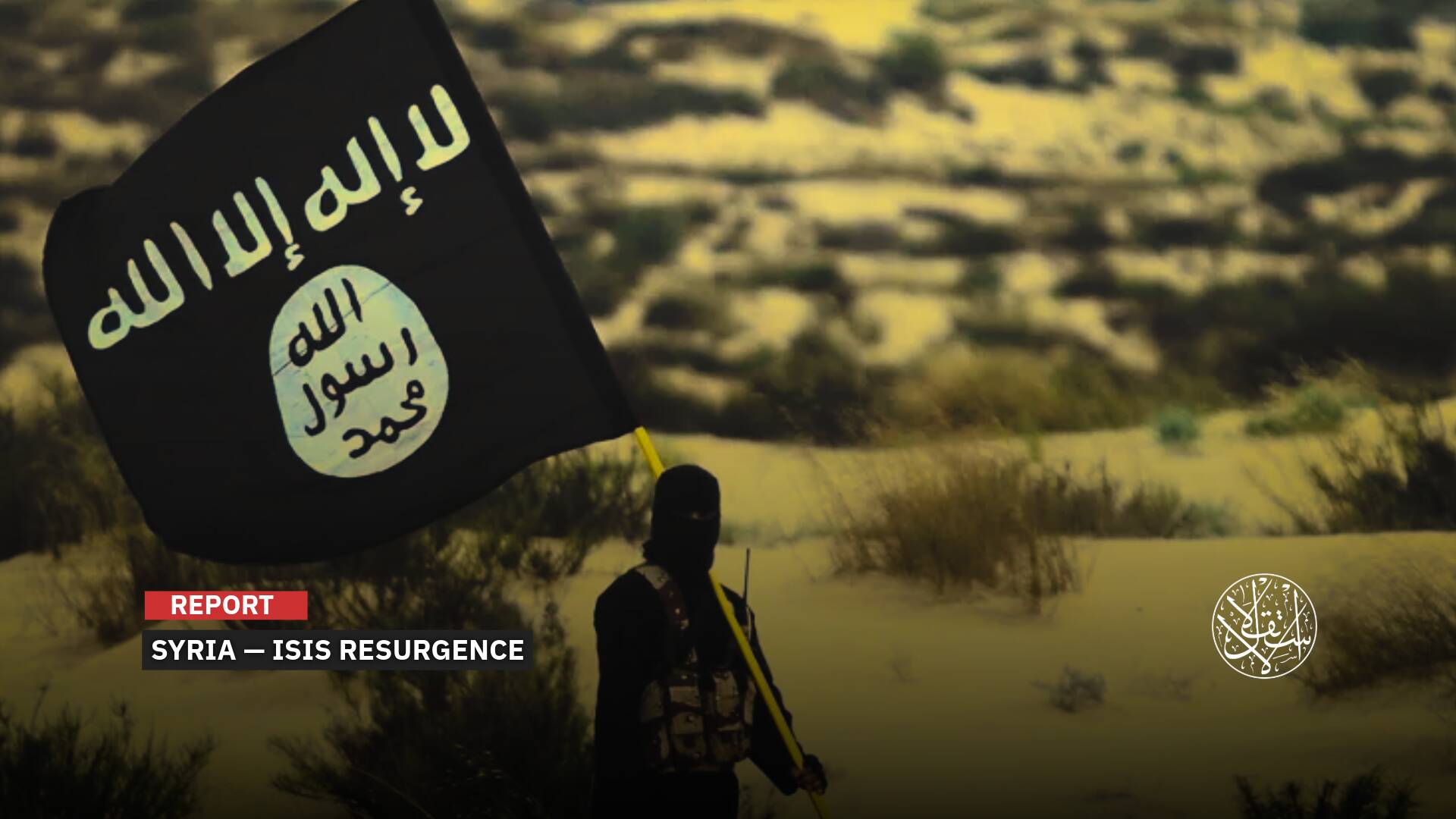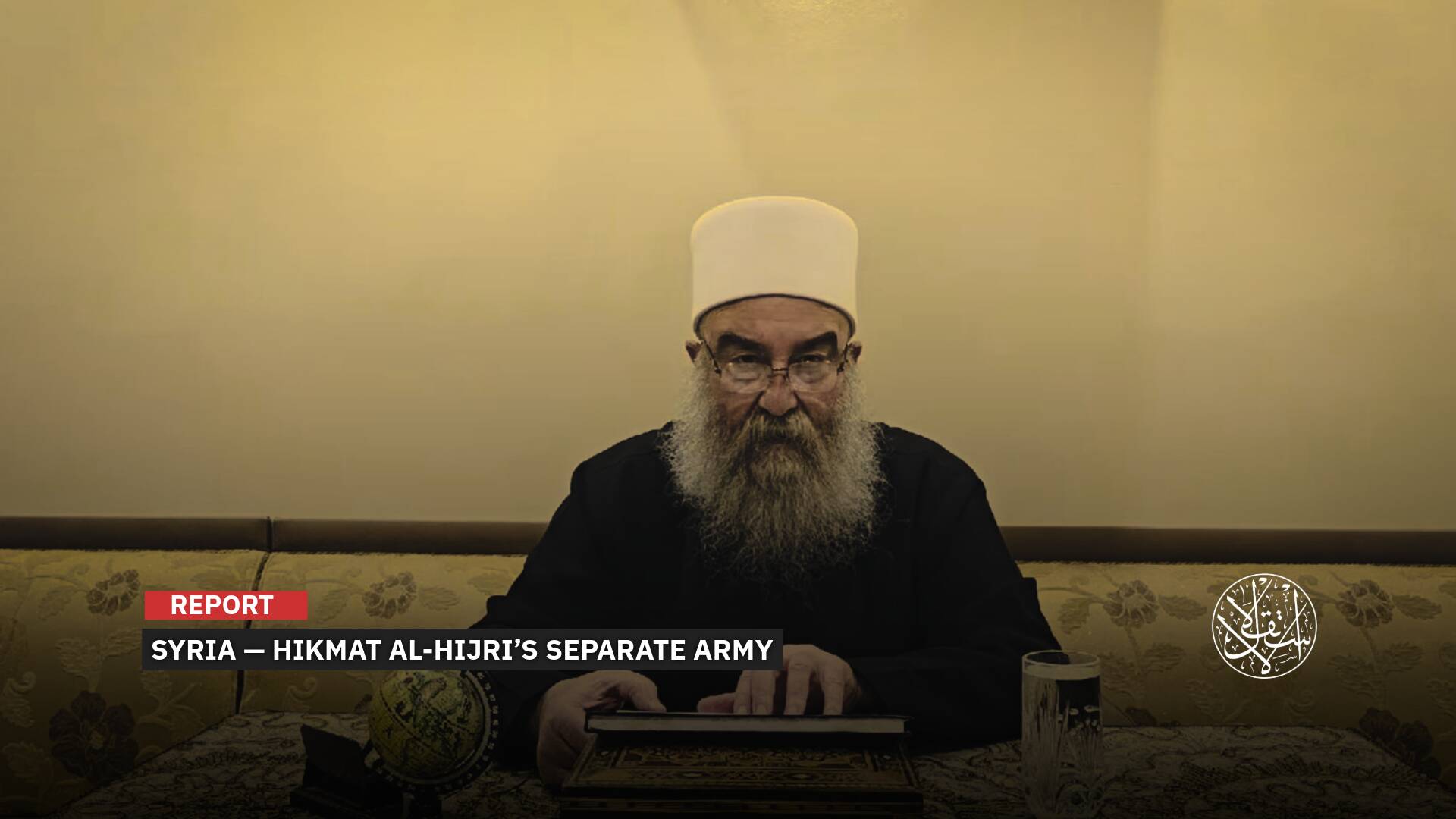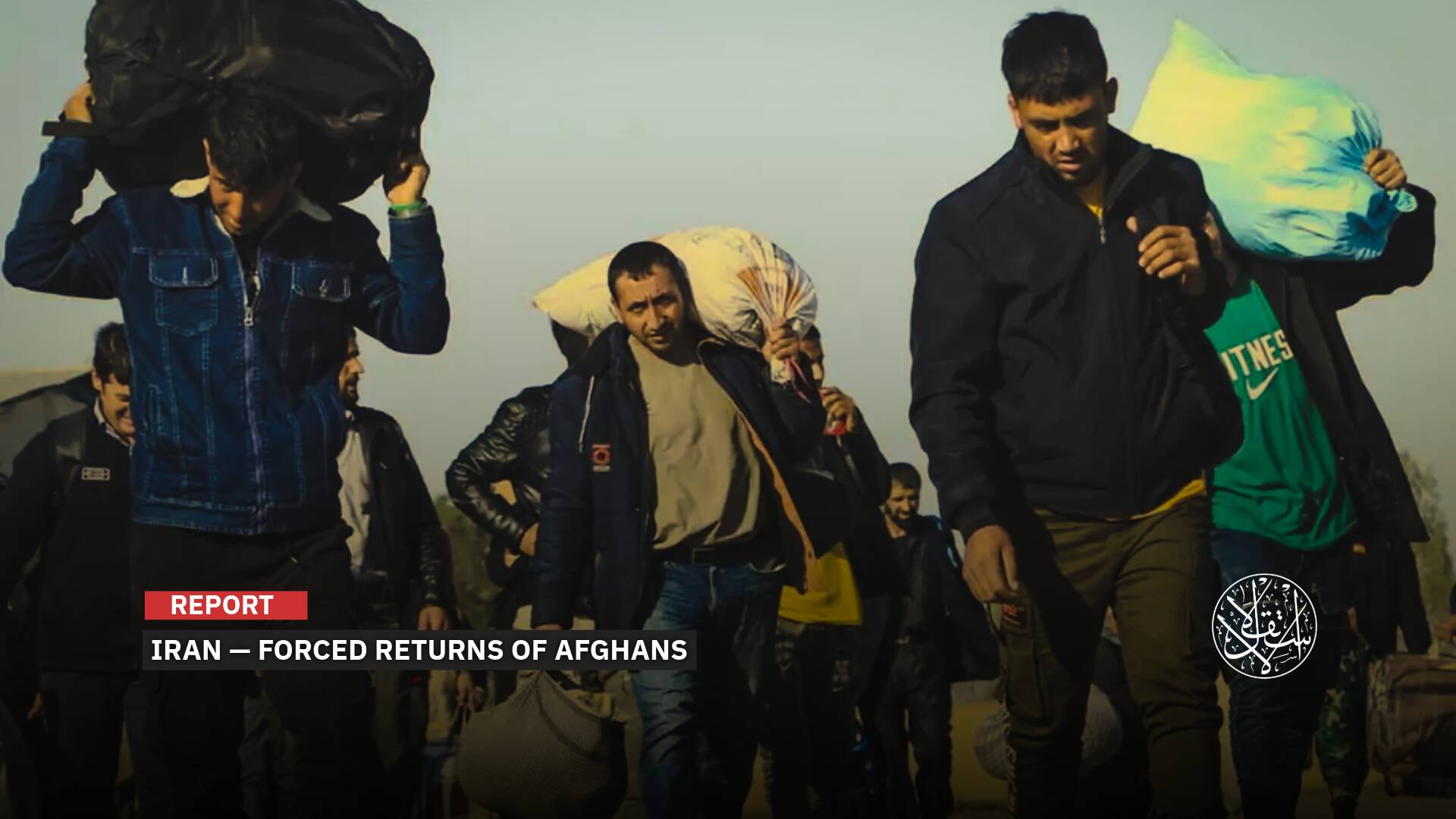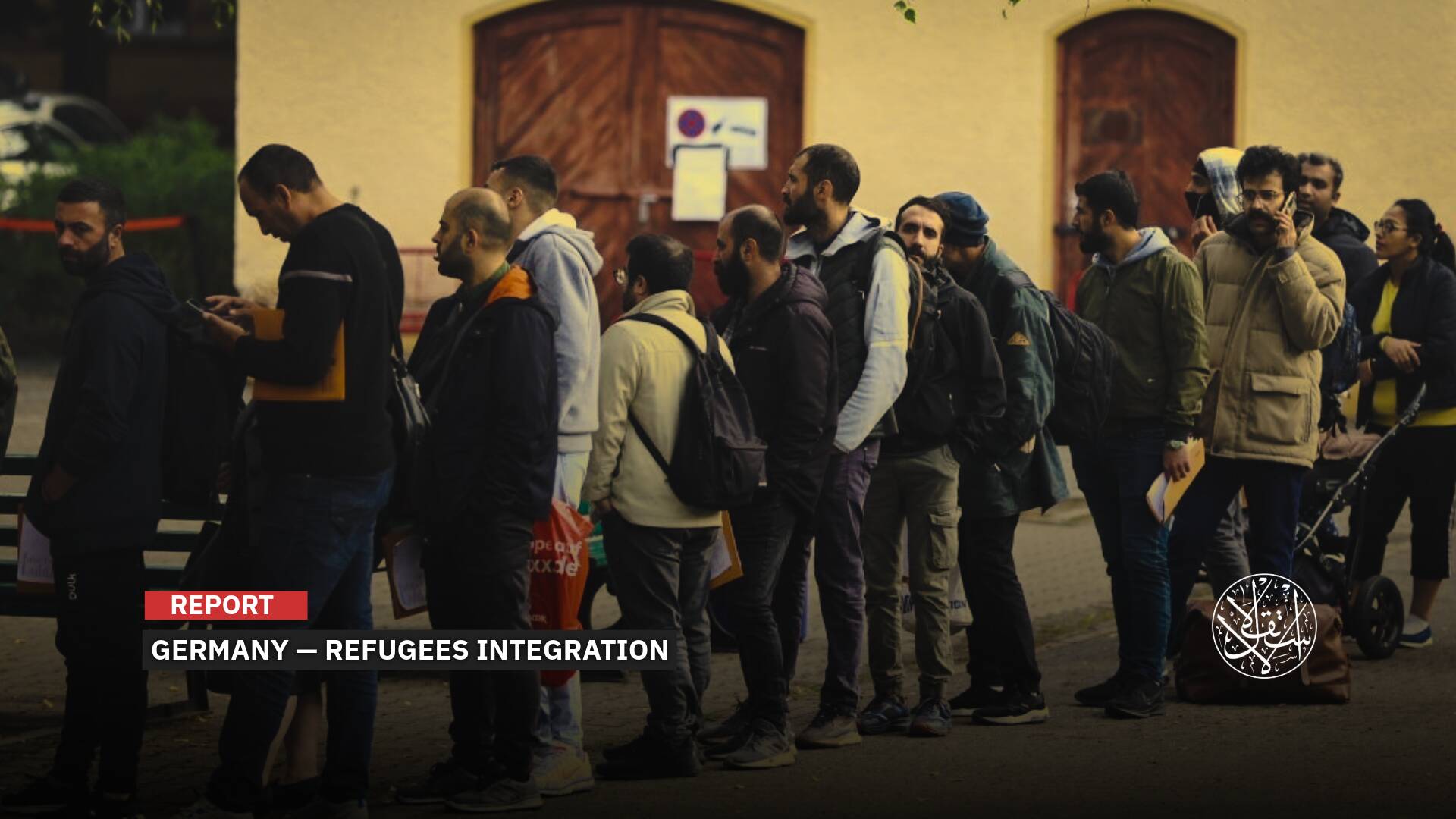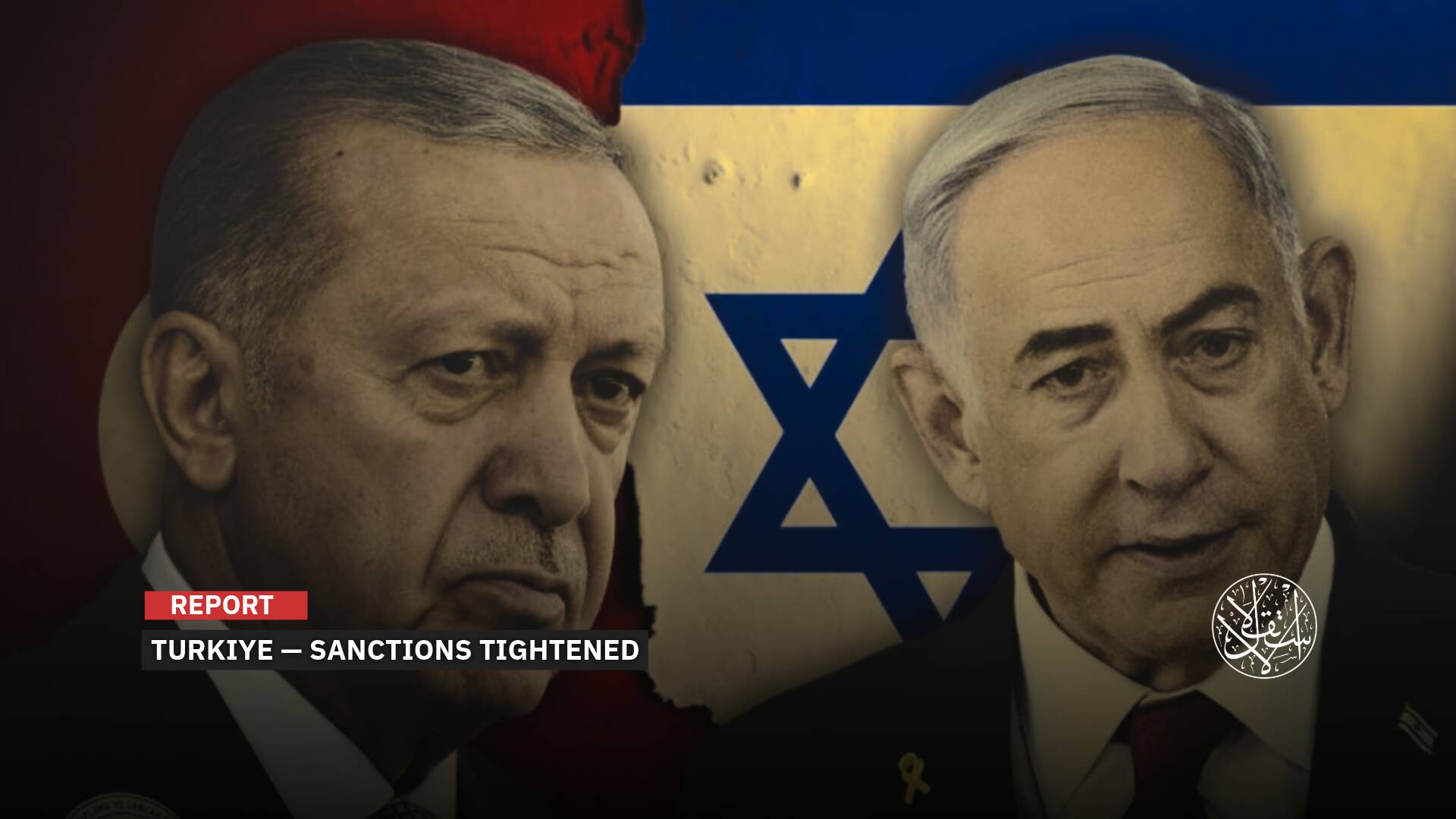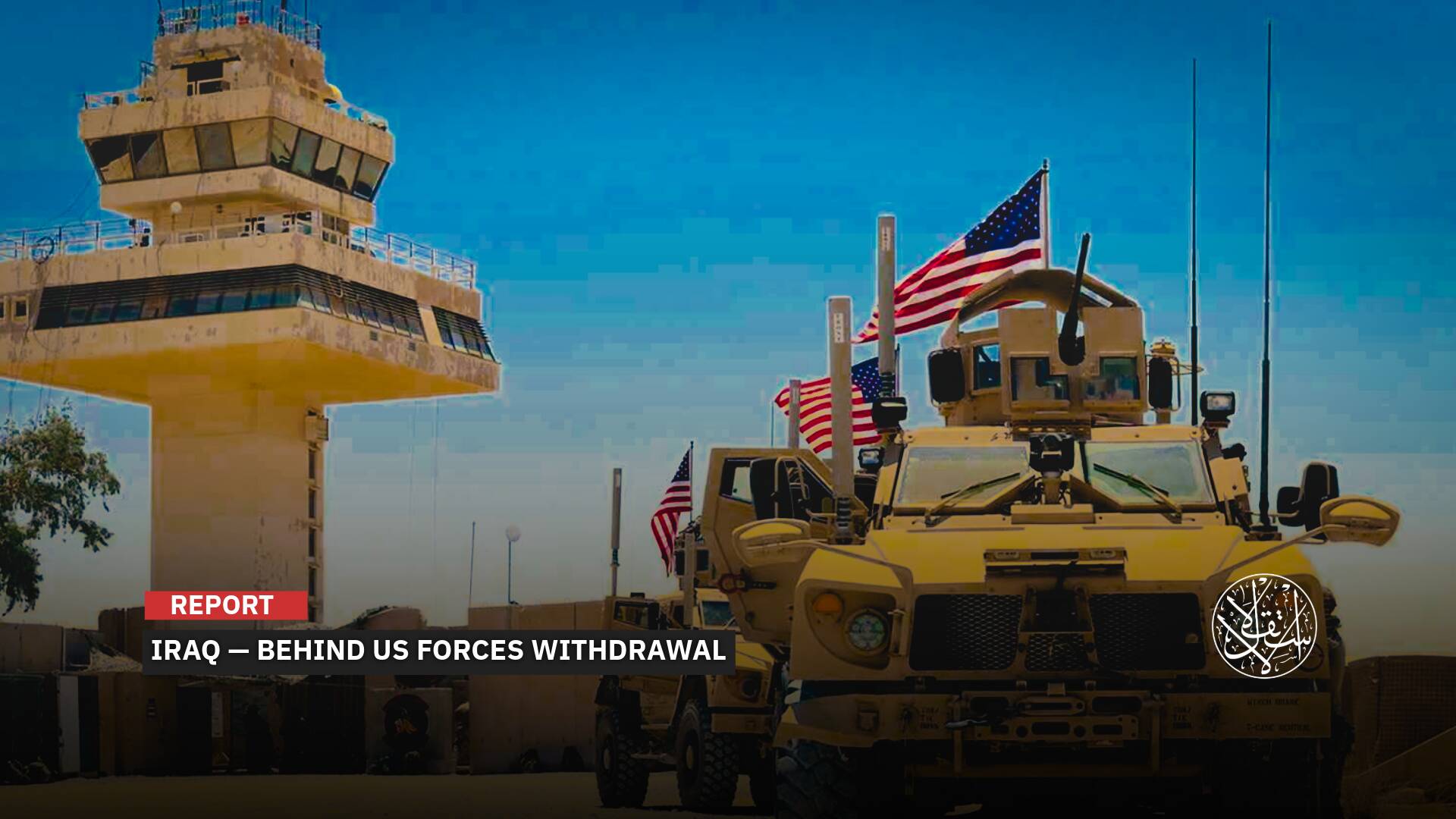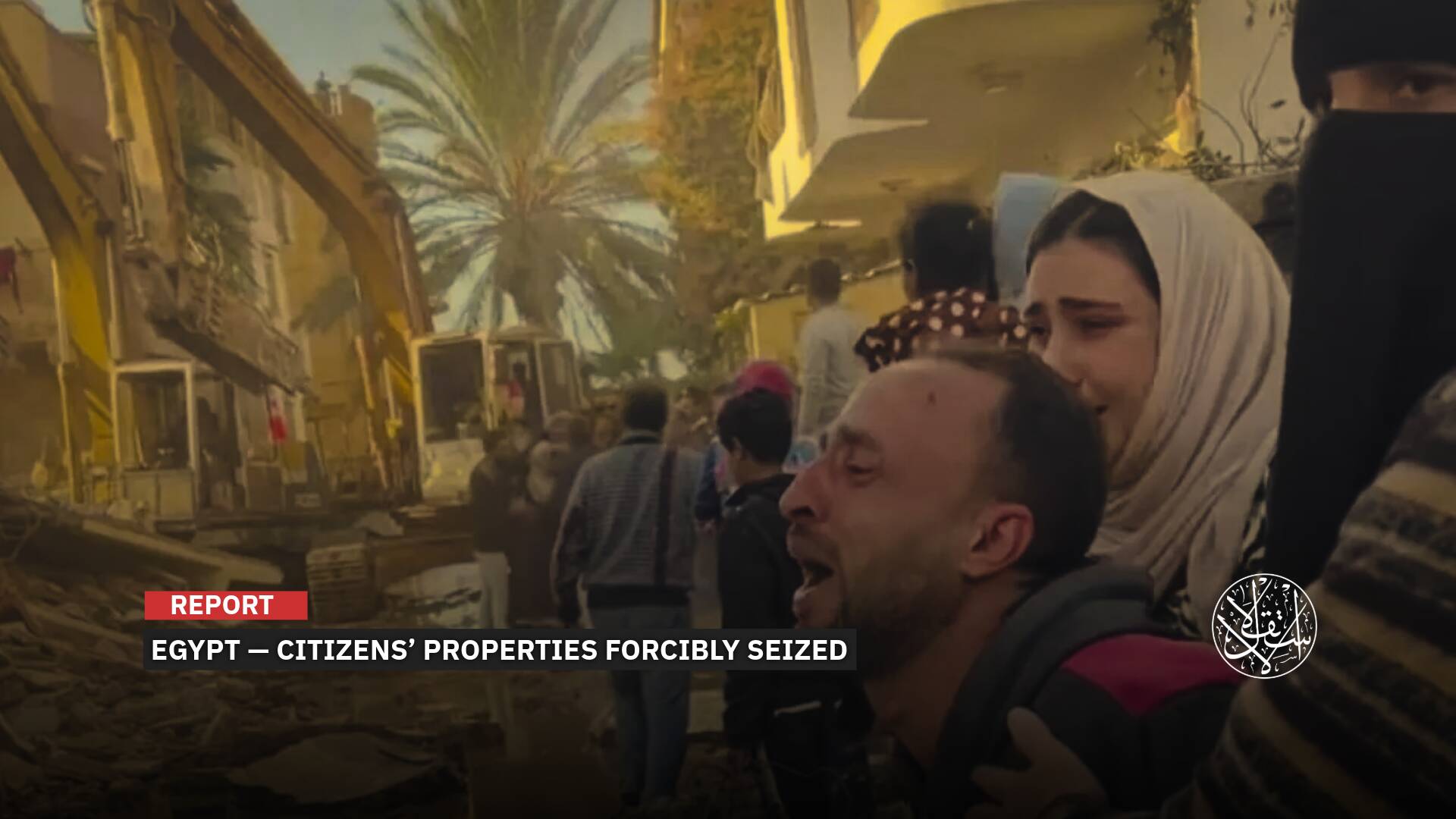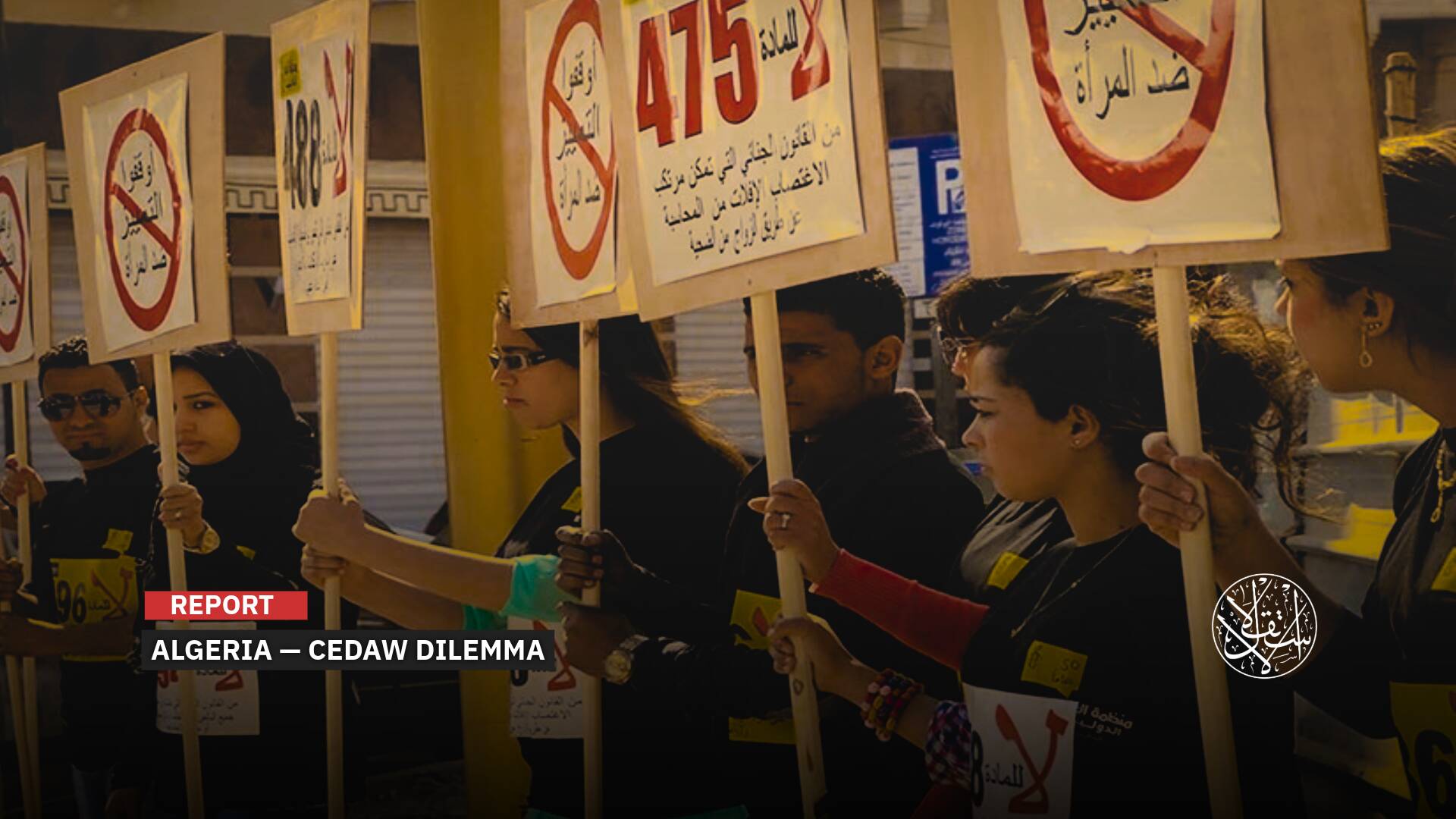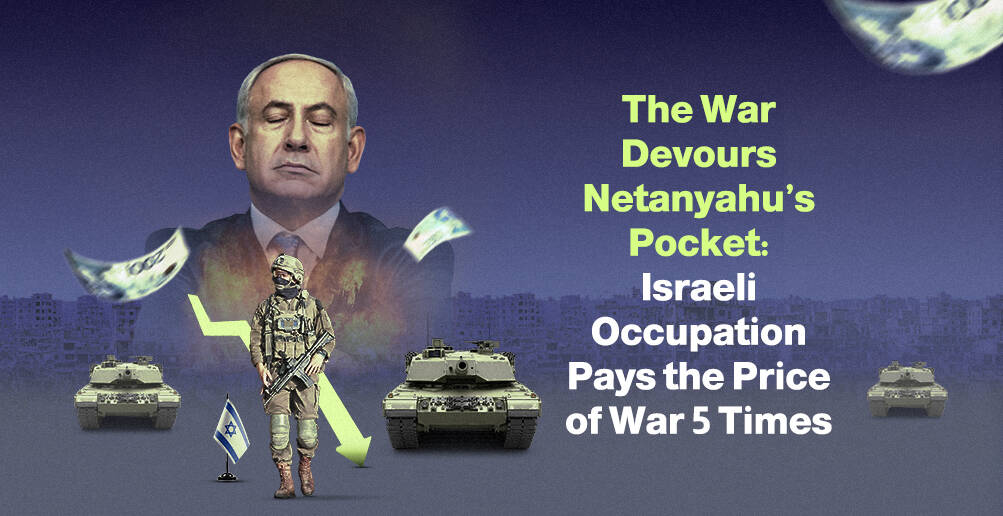First in the Arab World: How Mauritania Became a Hub for Money Laundering Operations

Mauritania took the lead among Arab countries concerning the volume of money laundering, according to a specialized economic study.
This study sparked significant media attention within the country, prompting the Mauritanian government to officially respond.
On July 3, 2023, the Olive Tree Counseling Center, based in Beirut, published a study that garnered significant media attention in Mauritania, including coverage from the local news site Alakhbar.
Money laundering refers to disguising or concealing the source of unlawfully obtained revenues, making them appear legitimate.
The study revealed that for the year 2022, Mauritania ranked 13th globally and first in the Arab world in terms of money laundering.
The United Arab Emirates, Saudi Arabia, Morocco, Jordan, Tunisia, Egypt, and Bahrain were among the top ten Arab countries in money laundering in the Middle East.
The study’s supervisor, future studies expert Walid Abdulhay, identified four main channels for money laundering: financial institutions, online commerce, electronic media such as smart cards, electronic money transfers, and cryptocurrencies, as well as real estate assets.
The study cited international reports indicating that massive money laundering revolves around four main criminal activities, with their respective annual revenues: human trafficking (about 1.1 trillion dollars), drug trade (about 1 trillion dollars), arms trafficking (about 984 billion dollars), and human smuggling (about 954 billion dollars).
The researcher emphasized that compliance with international anti-money laundering regulations in Arab countries remains limited, and geographic proximity contributes to the movement of money laundering operations between nations, following international measurement models.
The study also highlighted the link between corruption, political instability, and an observable increase in money laundering during the period of what it termed the “Arab Spring” or “Decade of Turmoil.”
The study further noted that the Israeli Occupation ranks high in terms of money laundering as a percentage of its Gross Domestic Product.
Olive Tree Counseling Center presents itself as an independent institution for studies and consultations, founded in Beirut in 2004. It specializes in strategic, academic studies, and future foresight, and its scope of work covers the Arab and Islamic worlds.
A Well-Known Phenomenon
A number of actors and observers in the economic, media, and political scenes have affirmed that money laundering is prevalent in Mauritania, emphasizing that its root cause is political, particularly due to weak monitoring and accountability.
In this regard, Khalil Khairy, the president of the Mauritanian Consumer Forum, stated that money laundering is well-known and present in Mauritania.
He explained to Al-Estiklal that this occurs through embezzlement of public funds and illicit trade in prohibited and smuggled goods, which require laundering before being reintroduced into the market.
He added: “Many of our authorities are infamous for financial corruption, as they convert public funds under their control by law and professional jurisdiction into land plots, private villas, especially in Spain, Turkiye, Morocco, and elsewhere, thereby whitening their money.”
Khalil Khairy highlighted that this situation is unfortunately widespread in Mauritania, and it is not surprising that the country tops the list of Arab and Middle Eastern countries in the field of money laundering.
He mentioned that some officials take the entire budget without doing anything, all under the public’s eyes.
“You also find some employees and elected officials who did not inherit any wealth from their parents and did not engage in any economic or investment activities. Yet, after a while, they suddenly become major property owners and wealthy individuals, all with stolen money.”
Similarly, the journalist and political activist Jaafar Moulay el-Zein Ahmedou confirmed that the situation regarding money laundering in Mauritania has become more evident than before.
Speaking to Al-Estiklal, he said: “We now witness funds allocated to declared projects that were launched with media coverage, but these funds disappear before being finished or even done. Later on, you find the supervisors of those projects gained important positions, cars, markets, companies, and more.”
He stated that the foundation of money laundering lies in these embezzled funds from the state treasury, whether through direct or indirect means.
Jaafar Ahmedou asserted that these funds must be legally justified, but those involved in money laundering have sufficient influence to obtain certificates, invoices, transfers, and documents that align with the legal procedures to justify their income, as the thief himself is the overseer.

Government’s Response
The Mauritanian government’s response was not delayed after the widespread dissemination of the findings of the study in the Mauritanian media.
The Minister of Oil and Energy and government spokesperson, Nani Ould Chrougha, denied any knowledge of the Olive Tree Counseling Center, which published the study.
In a press conference on July 6, 2023, in response to a question about the lack of official media’s engagement with the data circulating locally and regionally from the mentioned scientific study, Ould Chrougha stated that Mauritania has witnessed significant improvements in financial governance, as acknowledged by the US State Department, the International Monetary Fund, and the World Bank.
He further added that it has been just three weeks since Mauritania was nominated by the International Transparency Organization, expressing the importance of returning to such assessments from credible institutions.
The Mauritanian government previously announced the adoption of a national strategy to combat bribery, spanning the period between 2023 and 2030. This strategy was founded on an evaluation of the anti-corruption situation in Mauritania since 2010 and activities initiated since 2019, when President Mohamed Ould Ghazouani came to power.
In a statement dated April 27, 2023, the government confirmed that since 2019, the fight against corruption relied on various mechanisms, including regular reports from the Court of Accounts, evaluating the public procurement system, publishing a list of consensual contracts, and having officials responsible for public procurement take an oath.
The statement explained that the newly established national strategy to combat bribery for the period 2023–2030 aims primarily to ensure better awareness of the entire society, while strengthening the authorities and the effectiveness of judicial bodies and oversight institutions, and supporting the role of parliament and civil society in the fight against corruption.
This strategy is based on five pillars that have a real impact on bribery. The first pillar is good governance, followed by prevention and detection of bribery, repression, and reporting, and the last pillar is anti-bribery culture.
Recently, on Tuesday, May 23, 2023, Mohamed Lemine Ould Dhehby, the Governor of the Central Bank of Mauritania, chaired the 36th Annual Meeting of the Middle East and North Africa Financial Action Task Force (MENAFATF) in Manama, Bahrain.
According to a publication on the bank’s Facebook page, this general meeting lasted for three days and discussed ways to improve mechanisms for combating money laundering, terrorist financing, and the proliferation of weapons of mass destruction in member countries.
This was achieved through enhancing the capacities of member states, mutual evaluations between member countries, and monitoring and international cooperation between the group and other organizations like the Financial Action Task Force (FATF).
Future Challenges
Political activist Jaafar Moulay el-Zein Ahmedou does not see any immediate solution to address the issue of corruption and money laundering in Mauritania.
Jaafar Ahmedou told Al-Estiklal: “In reality, there seems to be no solution on the horizon for this national problem. The victim—the people—is complicit with these actions by renewing their trust in them during every election.
“All we can do is pray for this nation, hoping it will awaken from its slumber. It has been deeply asleep while its homeland is being consumed by fire.”
On the other hand, Khalil Khairy, the president of the Mauritanian Consumer Forum, mentioned that Mauritania has two institutions responsible for combating money laundering: the General Inspectorate of State and the Court of Accounts.
Khalil Khairy emphasized to Al-Estiklal that the solution to confront corruption and money laundering lies in activating these institutions and making them professional rather than political. He affirmed that such activation would reduce corruption without completely eradicating it.
The same speaker also mentioned that one of the reasons for this situation is the absence of a clear concept of the state in the minds of many, with the rise of regional and tribal loyalties strongly prevailing in practice.
He added that tackling this phenomenon requires the active engagement of civil society organizations working in the field of fighting corruption.
He also emphasized the role of private and investigative media, noting that all these approaches contribute to curbing corruption, countering money laundering, and exposing and holding those responsible accountable legally and socially, concluding the Mauritanian political activist.
Sources
- Scientific paper: Money laundering in the global political economy: Dr Walid Abdel Hay [Arabic]
- Study: Mauritania leads the Middle East countries in money laundering [Arabic]
- Mauritania: Approval of a major national anti-bribery plan that strengthens oversight and combats corruption [Arabic]
- Mauritania: The Ministry of the Interior licenses the Arab-African Commission for Combating Corruption and Bribery [Arabic]


